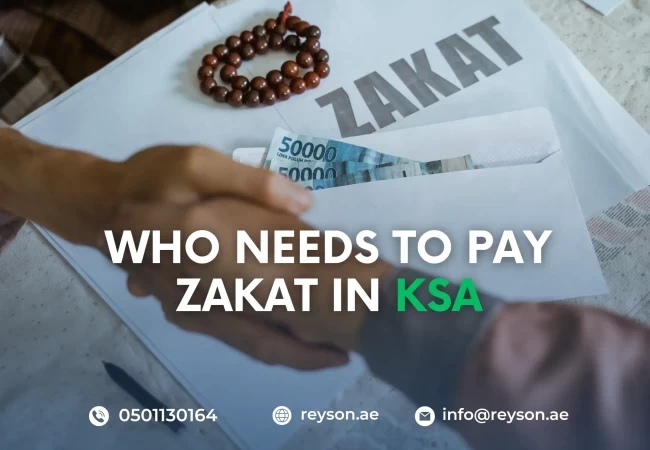

Zakat is a mandatory payment mandated by Sharia law for Muslims, constituting one of the five pillars of Islam. Zakat is a crucial component of Islamic finance and, for those who fulfill the conditions, is seen as a religious obligation for all Muslims. Most Muslim nations allow citizens to choose whether or not to pay zakat. But in Saudi Arabia, all Muslims who have the means to do so are required to pay zakat. If Zakat is not paid, there may be legal repercussions. Zakat payment in Saudi Arabia is a structured process managed by the government to promote social equity and ensure compliance with Islamic teachings
In the Kingdom of Saudi Arabia, zakat is assessed for businesses that are fully owned by Saudi nationals or that have stock invested in them by foreign entities (non-Saudi/GCC involvement).
Zakat is believed to be a promise that must be fulfilled for those in need. It is believed that zakat given through Islamic assistance is strong, efficient, and multiplies in the future. Zakat contributes to the following:
All adult Muslims who fulfill the nisab and haul requirements within a calendar year are required to pay Zakat for that year. Certain requirements necessitate the participation of others. For example, zakat payment is required of Walis and guardians of minors. You can ask an Imam or a scholar for clarification on the Zakat payment.
Reyson Badger's dedication to meeting its Zakat commitments in Saudi Arabia is a prime example of the Kingdom's adherence to moral and legal requirements. Part of the business's operations is the computation and payment of Zakat, which guarantees adherence to the rules established by the Zakat, Tax and Customs Authority (ZATCA).